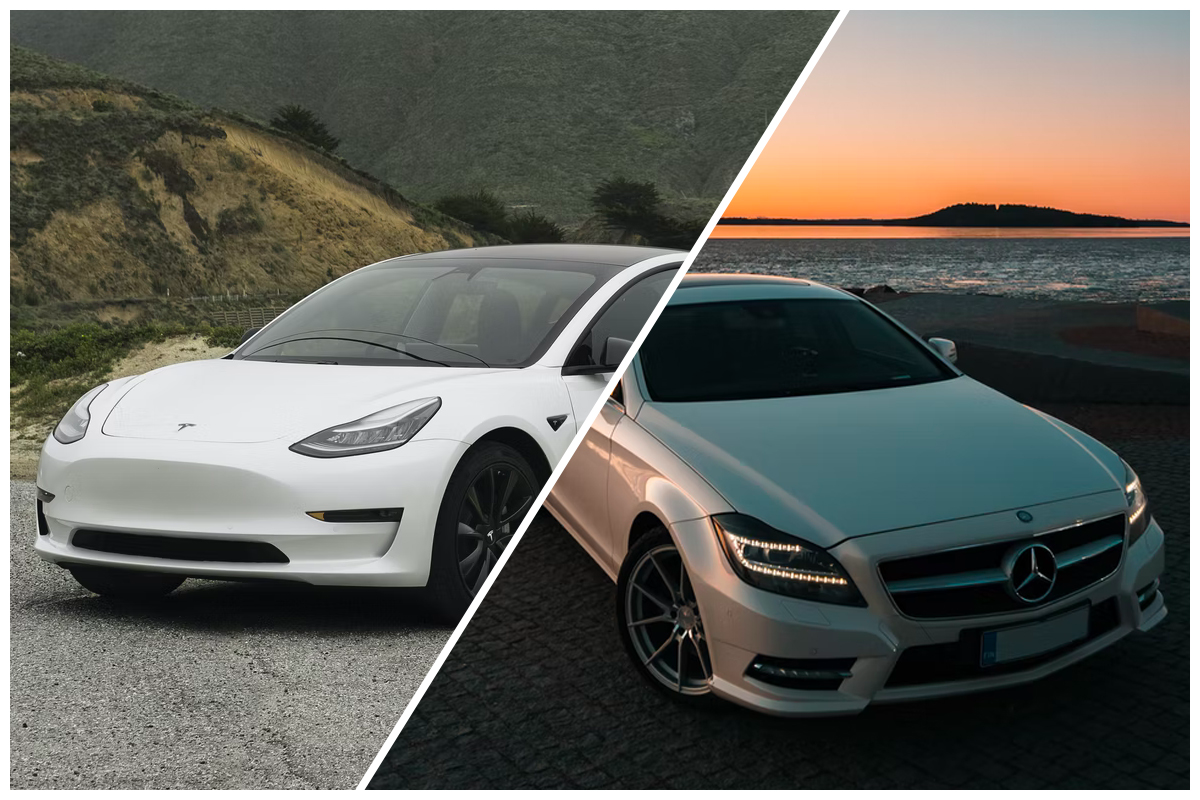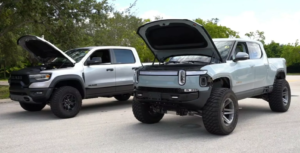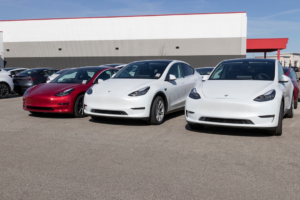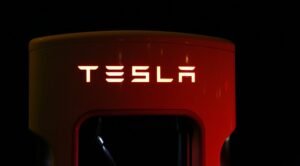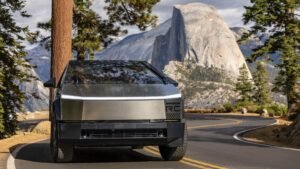Both Mercedes-Benz and Tesla offer impressive voice assistants for their vehicles, each with its own strengths and weaknesses. Deciding which one is “better” depends on your individual needs and preferences. Here’s a breakdown of their key features to help you decide:
Mercedes-Benz MBUX Voice Assistant:
MercedesBenz MBUX Voice Assistant

- Strengths:
- Natural language understanding: MBUX excels at understanding natural language and complex commands, allowing for more conversational interactions. It can even handle humor and sarcasm to some extent.
- Integration with MBUX system: MBUX is deeply integrated with the car’s various systems, allowing you to control everything from climate and navigation to music and lighting with your voice.
- Multiple languages: MBUX supports more languages than Tesla’s voice assistant, making it more accessible to a wider audience.
- Customizable profiles: MBUX allows you to create personalized profiles for different drivers, storing preferences for things like temperature, seat position, and radio stations.
- Weaknesses:
- Limited third-party app integration: MBUX’s third-party app integration is not as extensive as Tesla’s, so you may not be able to control all your favorite apps through voice commands.
- Can be slow at times: MBUX can sometimes be slow to respond to voice commands, especially when the car is first started.
Tesla Voice Assistant:
Tesla Voice Assistant

- Strengths:
- Extensive third-party app integration: Tesla’s voice assistant can control a wide range of third-party apps, including Spotify, Pandora, Netflix, and even video games.
- Over-the-air updates: Tesla’s voice assistant is constantly being improved through over-the-air updates, so you can always be sure you’re using the latest version.
- Seamless integration with Tesla ecosystem: The voice assistant is tightly integrated with the Tesla ecosystem, allowing you to control your home’s thermostat, open the garage door, and even summon your car with your voice.
- Faster response times: Tesla’s voice assistant generally responds to commands more quickly than MBUX.
- Weaknesses:
- Limited natural language understanding: Tesla’s voice assistant can sometimes struggle with understanding natural language, especially complex commands or humor.
- Fewer supported languages: Tesla’s voice assistant supports fewer languages than MBUX.
- No customizable profiles: Tesla’s voice assistant does not offer customizable profiles, so all drivers share the same settings.
Ultimately, the best voice assistant for you depends on your individual needs and preferences. If you prioritize natural language understanding and deep integration with the car’s systems, MBUX might be a better choice. If you value extensive third-party app integration and over-the-air updates, Tesla’s voice assistant might be a better fit.
Here are some additional factors to consider:
- The type of car you drive: Some features of each voice assistant may only be available on certain models.
- Your budget: MBUX is generally considered to be the more premium voice assistant, so it may be more expensive.
- Your tech savviness: Tesla’s voice assistant is generally considered to be more user-friendly, so it may be a better choice if you’re not as tech-savvy.
I hope this information helps you decide which voice assistant is right for you!

